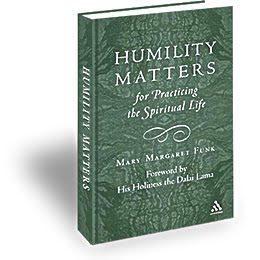
LUKE 2: 41-52
FEAST OF THE HOLY FAMILY
DECEMBER 27, 2009
Twenty four year ago the parish church of St. Thomas Aquinas, in Boulder, was gutted by a fire. After the fire I knew we had to find a place for the community to worship that was available on Saturday evenings and Sundays. We needed a mass schedule that might be something close to our custom and we needed to continue to have collections to pay for the rebuilding of the church! I made phone calls and inquiries. A very helpful Jewish woman, Joan Russell, worked at Baseline Junior High School nearby. She offered their auditorium to us. So we began to have mass there.
I noticed right away that there were a number of people who no longer came to worship with the community. I suspect that the schedule change or the desire to be in a building that looked more like a Catholic Church, and the discomfort of the auditorium seats built for junior high size bodies, sent some people to other churches. Those who did come to the auditorium felt a bond with one another strong enough to overcome any discomfort or inconvenience. For these people, the community, not the architecture, made the space holy. This is what I call the making of a Holy Family or Community. It is a people who bond together such that they put up with difficulties, just like a blood-related family.
We tend to put up with a lot more from our family, brothers and sisters and children, than we might if they were not family. How many parents have stuck with their children who have become impossible due to drugs and alcohol, and general bad or stupid behavior? Siblings may fight with one another or bicker, but they also feel a bond that keeps them together.
Contrast a Holy Community with grocery shopping. You may pick one store or another for your food, based upon convenience or price. In this case you really don't care who else is in the store. You are there for food. Some people come to a particular church because the schedule suits them. They come for the food of the Eucharist. They do not much care who else is there. If they find some difficulty there with noise or other people or whatever, they simply go somewhere else. Such people are not bonded to the others in that church.
I think that we grow holy by putting up with one another, by difficulties and inconveniences that might try our patience, charity, and fortitude. Holy families grow in holiness not because everyone is perfect and nice, but in spite of perfection. Jesus put up with his disciples. He felt bonded enough with Mary and Joseph, and the Nazareth community to live with them for years before his public ministry. Jesus puts up with me! If I want my parish community to be my kind of perfect or hassle-free, then it might be I am too lazy or self-centered to grow in Holiness.

























